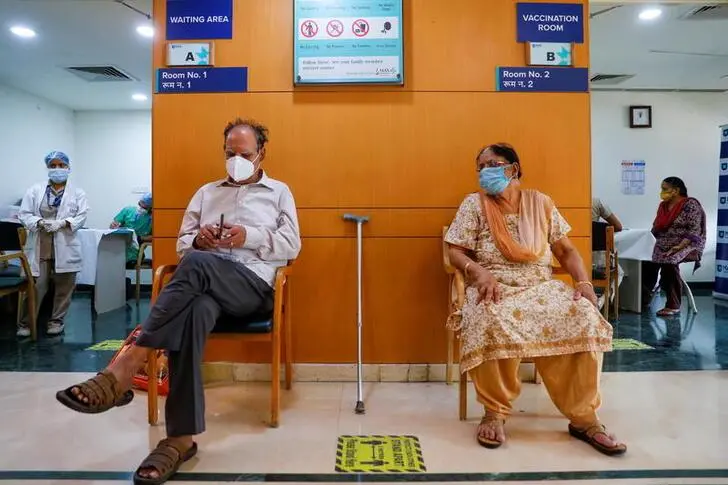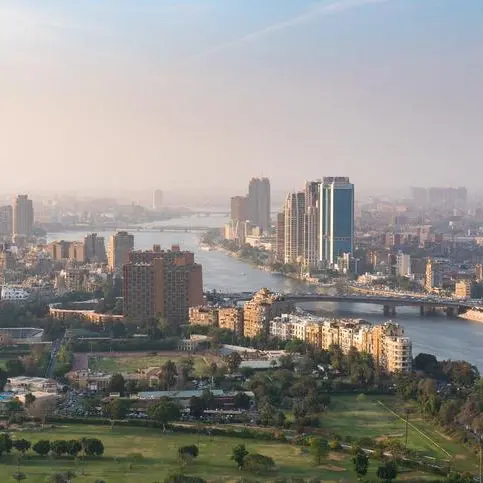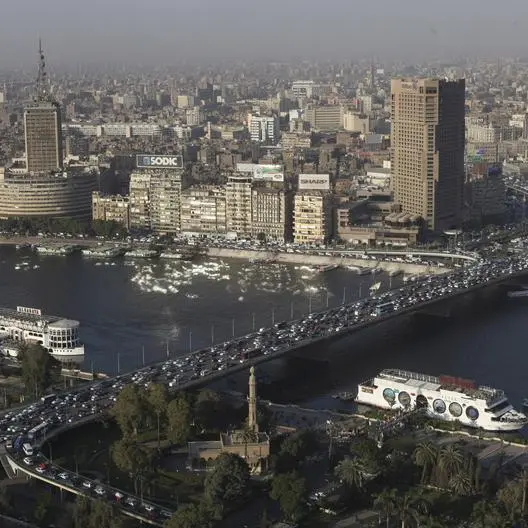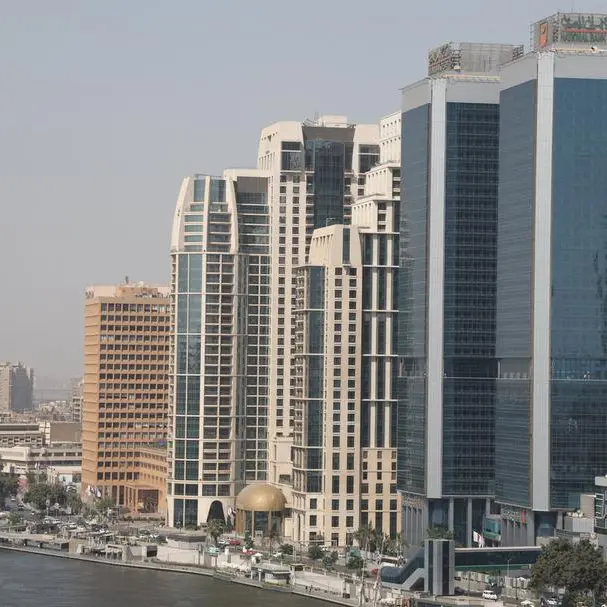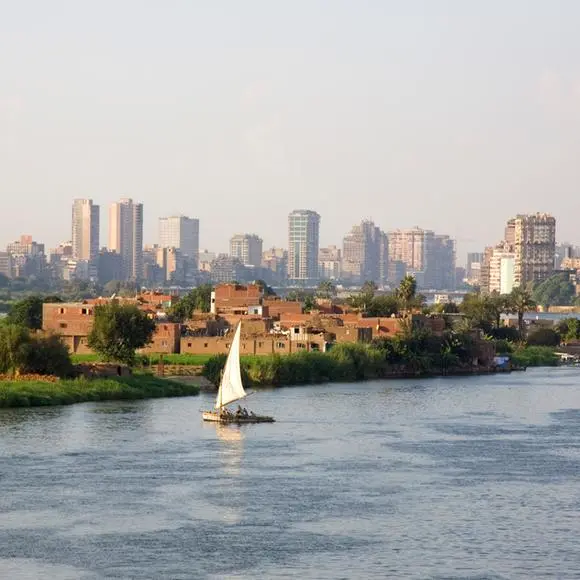PHOTO
Using a new EU rule, Italy this month prohibited Big Pharma firm AstraZeneca from shipping some of its coronavirus vaccine doses to Australia, as it feared that its own promised supplies would not be forthcoming. In the days before this move, the EU was engaged in a very vocal battle with the UK over vaccine exports from the UK to the EU and vice versa. Months earlier, the US, then led by Donald Trump, had arm-twisted its own pharma companies Pfizer and Moderna to deliver the first supplies of vaccines to the US before exporting to other nations.
From the outset, the coronavirus pandemic has seen many countries and their leaders react in a rather selfish manner, caring for themselves often at the cost of other nations. For instance, the US has pre-ordered enough doses to vaccinate its entire population twice. But America is not alone in displaying extreme forms of vaccine nationalism. As the pandemic raged through various parts of the developing world, including Africa, Asia and South America, developed nations were buying up all the vaccine doses expected to be produced in the first several months, if not years, leaving the rest of the world to fend for itself.
Research published in January by the Duke Global Health Institute showed that rich nations, with only 16 percent of the world’s population, had cornered 60 percent of global supplies, enough to vaccinate their entire populations several times over, leaving 84 percent of the people in the world scrambling for options.
It was only once Gavi, the Vaccine Alliance, got together with the World Health Organization to develop Covax, a program that ensures the equitable distribution of vaccines all over the world, that poor countries without the means to produce their own vaccines were provided with an option, instead of having to wait for the rich nations to finish vaccinating their entire populations first.
However, India’s approach to the pandemic and its international dimensions has been unique almost right from the time it first got hold of the vaccines. It was on Jan. 16, nearly a month after several other nations had begun their vaccination drives, that India began its own program, which was labeled the world’s largest as it had the target of vaccinating 300 million people by August.
Just four days after its own drive was launched, India sent two aircraft with about 250,000 doses of the Covishield vaccine to Bhutan and the Maldives, launching its ambitious vaccine diplomacy program, or “vaccine maitri” in Hindi. The government also announced that it would immediately supply free vaccines to all its neighbors in the region, barring Pakistan.
Since then, practically every single day, India has dispatched vaccines to some of the most remote and smallest nations around the world. In effect, India has supplied vaccines to at least 50 percent of the world’s Least Developed Countries and a third of the Small Island Developing States. The social media accounts of the leaders of most of these nations have highlighted the arrival of “Made in India” vaccines at their airports and their gratitude toward India.
In the 55 days following that first dispatch to Bhutan and the Maldives, India supplied almost 60 million vaccine doses to 71 countries. Of these, more than 8.1 million doses were offered free of charge, while 16.5 million were delivered as part of the Covax initiative.
India’s example has spurred other nations to follow suit and send vaccines to needy countries, mainly to buttress diplomatic ties and grant an important favor. For instance, China announced in February that it would offer 10 million doses to Covax and was preparing to supply additional doses to other countries. By early March, it said it had sent vaccines to 28 countries, mainly in Asia and Africa.
Last week, as part of the first Quadrilateral Security Dialogue leaders’ meeting, which involved the leaders of the US, India, Japan and Australia, it was decided that these four nations would jointly supply at least 1 billion vaccine doses to Asia and the Indo-Pacific region.
Meanwhile, Covax has also progressed. On Feb. 24, the first doses of its vaccines were received in Ghana, marking the global rollout of an ambitious cooperative plan that involves the supply of 2 billion doses by the end of 2021.
It is time that the rich nations of the EU and the US joined in the vaccine diplomacy campaign with their hearts and wallets. So far, even though they have been involved in funding and supplying vaccines to various nations, their efforts pale into insignificance in the face of the developing nations’ needs, as well as the size of the rich countries’ economies and how much more they could do to help the world beat the pandemic.
India has shown the way. Now it is time for the world to follow suit.
- Ranvir S. Nayar is managing editor of Media India Group.
Copyright: Arab News © 2021 All rights reserved. Provided by SyndiGate Media Inc. (Syndigate.info).
